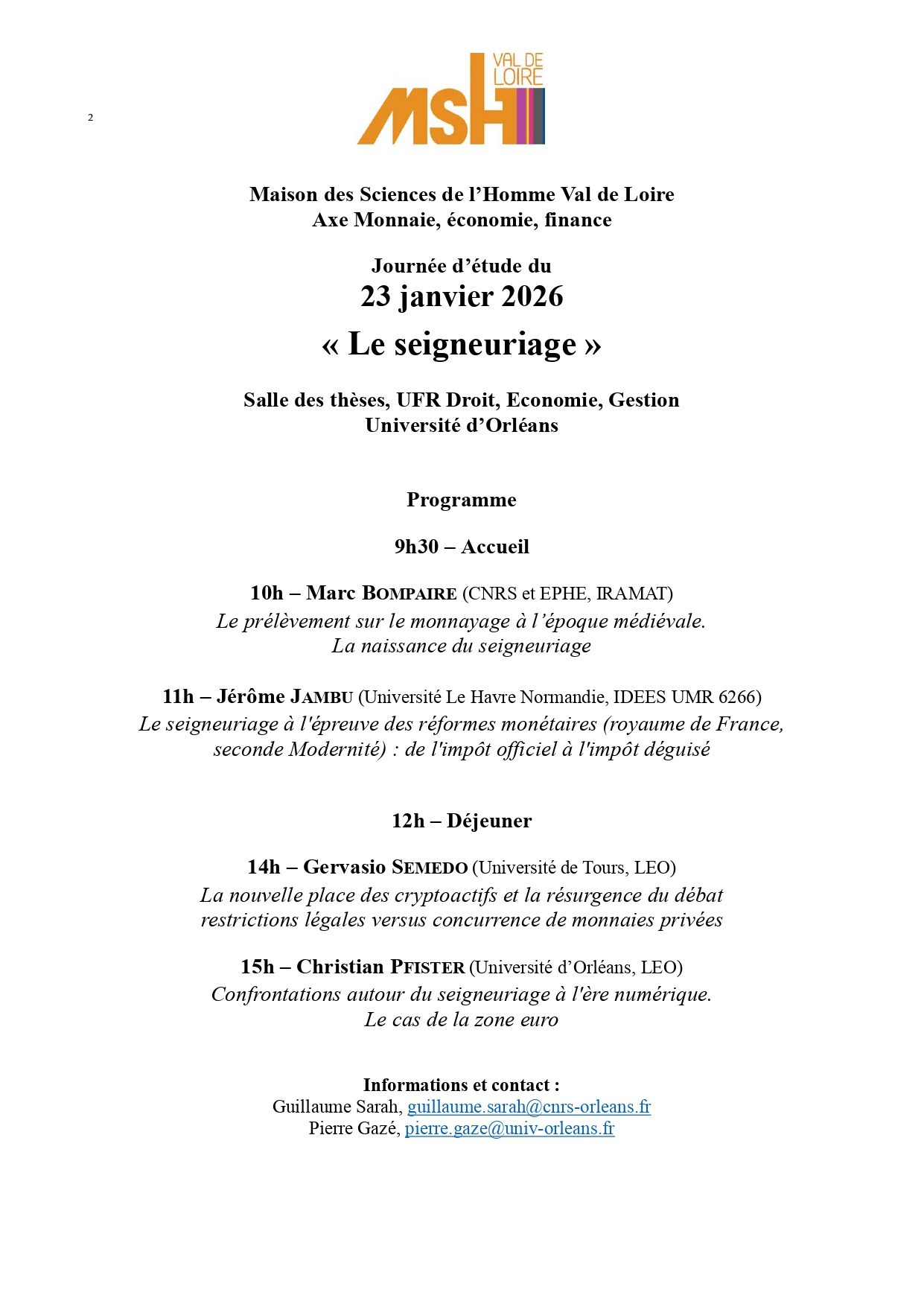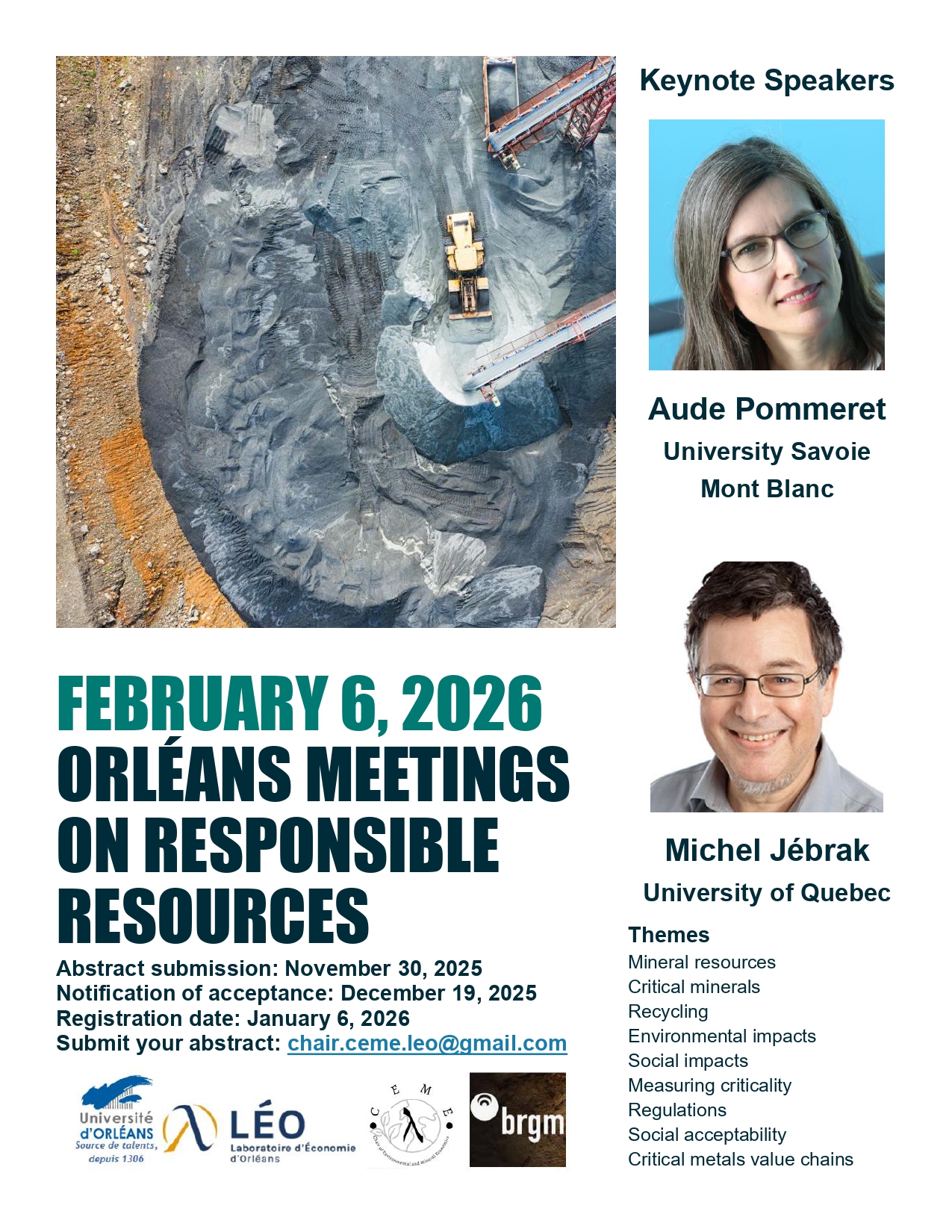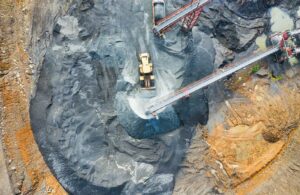Intervention de Catherine BROS sur France Culture : les relations stratégiques entre l’UE et l’Inde
Catherine BROS, est intervenue dans l’émission Cultures Monde sur France Culture pour analyser les relations entre l’Union européenne et l’Inde à la lumière de l’accord de libre-échange signé le 27 janvier dernier.
Cet accord, qualifié d’historique, devrait structurer durablement les relations entre ces deux grandes puissances économiques, qui représentent ensemble près d’un quart du PIB mondial et un cinquième de la population mondiale.
Au cours de l’émission, Catherine BROS a notamment abordé plusieurs enjeux majeurs :
-
la diversification des approvisionnements européens face à la concurrence commerciale chinoise ;
-
le signal de stabilité et d’engagement envoyé dans un contexte international marqué par les revirements de la politique commerciale américaine ;
-
les réactions des États-Unis et les perspectives d’accords alternatifs avec l’Inde ;
-
l’impact potentiel du mécanisme d’ajustement carbone aux frontières de l’UE sur la transition écologique de l’économie indienne.
Cette intervention a réuni également Christophe Jaffrelot et Sylvia Malinbaum pour un échange croisé sur les dynamiques géopolitiques et économiques entre l’Union européenne et l’Inde.





 Envoyer à :
Envoyer à :  Date limite de soumission : 23 février 2026
Date limite de soumission : 23 février 2026 Notification d’acceptation : 16 mars 2026
Notification d’acceptation : 16 mars 2026


